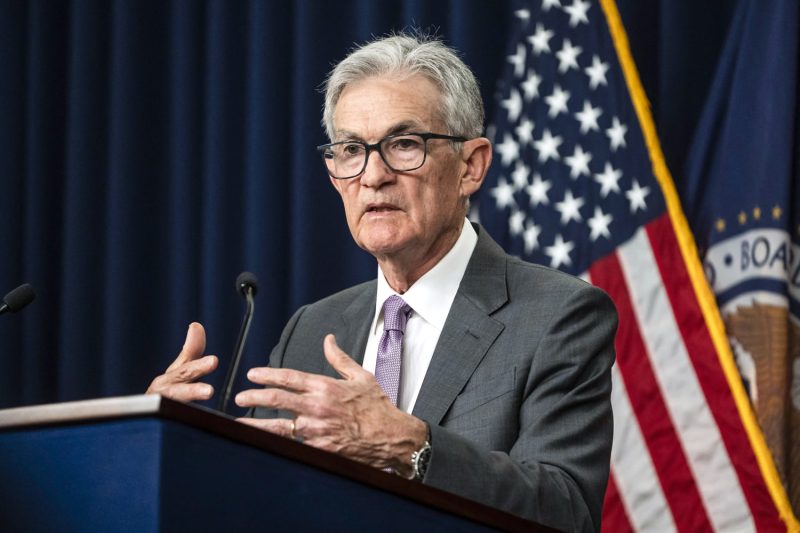In a surprising turn of events, Federal Reserve Chair Jerome Powell shocked financial markets by announcing that the time has come for an emergency interest rate cut. This move comes amidst growing concerns about the economic impact of the coronavirus outbreak and the potential for a global recession. Powell’s decision to slash interest rates by half a percentage point reflects the Fed’s commitment to supporting economic growth and stability in the face of significant challenges.
The decision to cut interest rates represents a bold and proactive response to the evolving economic landscape. By lowering borrowing costs, the Fed aims to stimulate consumer spending, boost business investment, and shore up confidence in the financial markets. With the coronavirus outbreak disrupting supply chains, dampening consumer demand, and causing widespread uncertainty, the Fed’s decisive action is intended to provide a much-needed buffer against these headwinds.
While some critics may argue that the Fed’s rate cut is an overreaction or that monetary policy alone cannot address the complex challenges posed by the coronavirus outbreak, Powell’s move signals a willingness to take swift and decisive action in the interest of bolstering the economy. By lowering interest rates now, the Fed hopes to preemptively mitigate the negative effects of the outbreak and support continued economic expansion.
Moreover, the rate cut underscores the interconnectedness of the global economy and the need for coordinated policy responses to address evolving threats. As central banks around the world grapple with the economic fallout from the coronavirus outbreak, the Fed’s decision to lower interest rates sends a strong signal that policymakers are prepared to take decisive action to protect economic stability and growth.
Looking ahead, the implications of the Fed’s rate cut remain uncertain. While lower interest rates can provide a much-needed boost to economic activity in the short term, the longer-term impacts of the coronavirus outbreak on global growth and stability are still unclear. As policymakers continue to monitor developments and assess the effectiveness of their policy responses, the path forward remains fraught with challenges and uncertainties.
In conclusion, the Fed’s decision to cut interest rates in response to the coronavirus outbreak is a clear signal of its commitment to supporting economic growth and stability. While the full impact of this move remains to be seen, Powell’s decisive action underscores the need for proactive and coordinated policy responses to address the evolving threats facing the global economy. By lowering interest rates now, the Fed aims to provide a much-needed boost to consumer and business confidence and mitigate the negative effects of the outbreak on economic growth. As the situation continues to unfold, policymakers will need to remain vigilant and flexible in their responses to ensure the continued resilience of the economy in the face of these unprecedented challenges.
